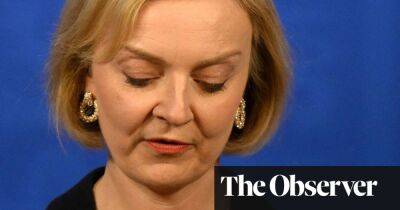From Brexit to the cost of living, Tory governments exploit crises to evade scrutiny
Politics in Britain is again marching to strange rhythms. Officially, nothing much has been happening this month, because of an all-important period of national mourning. But in reality Whitehall has been busy, even frantic. The Treasury has been purged of its most senior civil servant and given a new, pro-growth mission. The latest emergency budget is being drawn up, thinly disguised as a “fiscal event”. And a new, potentially very risky government has been settling in. Yet another Conservative experiment on the country is being prepared, largely unscrutinised.
Much of our politics has had this simultaneously stuck and manic quality since at least the EU referendum. Brexit deadlocks and “cliff edges”, the pandemic, Tory leadership contests, the cost of living crisis, the invasion of Ukraine and now the Queen’s death – each has accelerated or paralysed politics, making a mockery of the once common idea that British democracy is about steady progress.
These seemingly never-ending shocks and disruptions have in some ways been very challenging for a Tory government that increasingly lacks capable people. As well as the administrative headaches, orthodoxies about the size of the state, levels of taxation and the party’s relationship with business have had to be reexamined, argued over and, at least temporarily, abandoned. Once promising Tory politicians such as Rishi Sunak have become casualties.
But in other less noticed ways, the chaotic rhythm of the past six years has helped the Tories. “Never allow a good crisis to go to waste,” President Barack Obama’s chief of staff Rahm Emanuel famously told the New York Times in 2008. “It’s an opportunity to do the things you once thought were impossible.” For the Conservatives,
Read more on theguardian.com


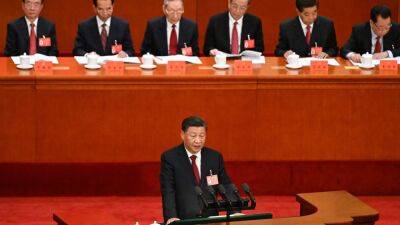
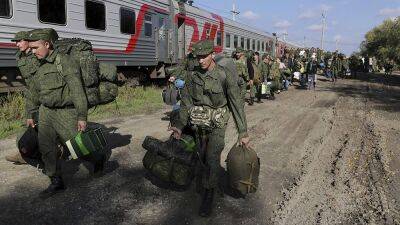




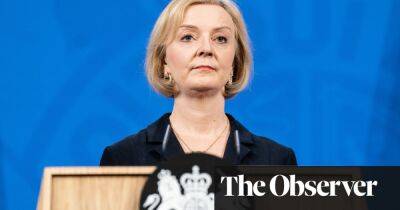

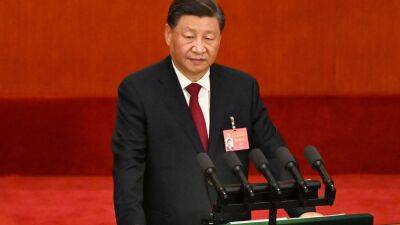



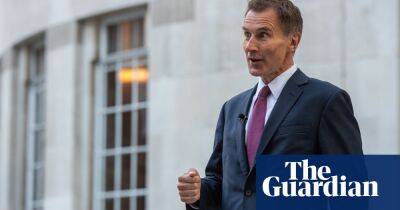

![Here’s what Stellar [XLM] buyers should know before opening a long position - ambcrypto.com](https://finance-news.co/storage/thumbs_400/img/2022/10/16/45059_krdrz.jpg)
